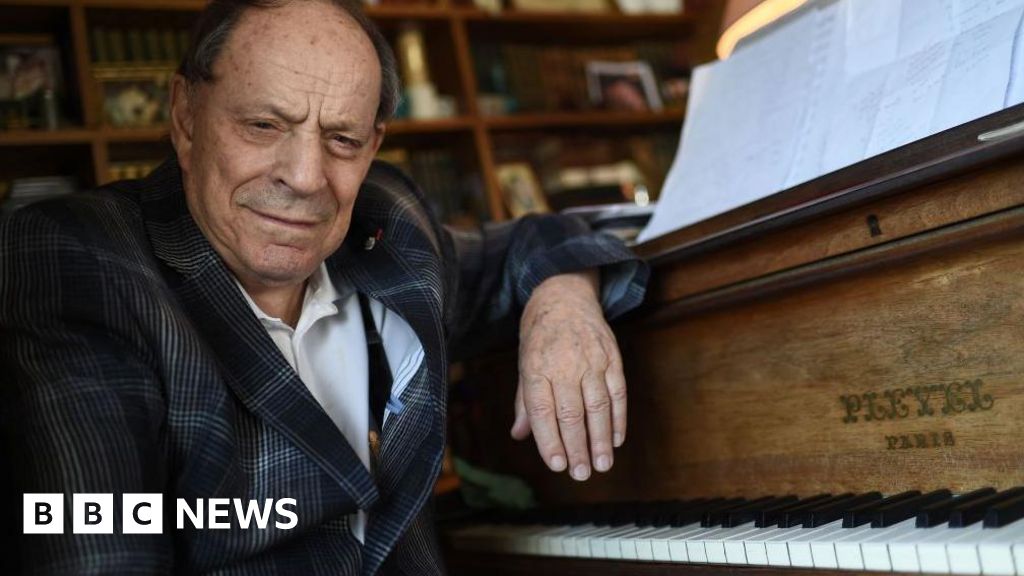ARTICLE AD BOX
By Hugh Schofield
BBC News, Paris
 Image source, Getty Images
Image source, Getty Images
On the night in April when Emmanuel Macron won his re-election victory, everyone noticed the strange, subdued atmosphere that seemed to surround him.
No flashing smiles, no pumping speech of hope. It was as if he already knew that celebration would be misplaced.
Two months later, we can see that his famous political instincts were once again on the money.
He was right to be cautious. That victory was indeed a high point, but right away he saw its depressing, implicit message - that from high points there is only one way to go, and that is down.
The results of Sunday's legislative election confirm that this second term will be a different beast from the first, with Mr Macron cutting the figure of a chastened and greatly weakened leader.
Instead of being able to rely on (and basically therefore ignore) a compliant legislature, the president now faces a National Assembly which cannot guarantee the passage of his reforms.
Down by 100 or so seats, with only a relative and no longer an absolute majority, the once all-conquering head of state will be forced to negotiate with the opposition, notably the conservative Republicans (LR).
On some issues they will co-operate - for example on raising the pension age to 65 - but their support will come at a price. And by depending on LR, there will be the inevitable consequence for Mr Macron's supposedly centrist government that it will begin to look disconcertingly like a right-wing one.
Even within his own coalition, the president's position will be less sure.
Because under the constitution he cannot serve a third term, the question of succession is open. At some point we can expect allies like former Prime Minister Édouard Philippe, who commands a separate detachment of MPs, to start the sniping.
But the most obvious challenge will be from a newly-reinvigorated opposition. And not a conventional opposition, but a new left-wing coalition dominated by a young, radical intake of Jean-Luc Mélenchon supporters, and (surprise of the evening) a massive new contingent on the far-right.
This pincer movement from the extremes will do everything it can to disrupt the passage of new reforms like the pension age, and buoyed by their new legitimacy, they will have no hesitation in calling out the street when they need to.
"France is going to be very hard to govern," says analyst and pollster Jérôme Fourquet.
Architect of his own problems
There are many who feel that Mr Macron has been the architect of his own problems.
He failed to seize the impetus provided by his presidential win in order to push for another majority in parliament.
He barely seemed to campaign, and waited weeks before appointing a prime minister - Élisabeth Borne - whose undoubted talents cannot make up for her poor rapport with the voters.
There were bad media moments, like the accusations of rape against a minister and the fiasco at the Stade de France football match - when his government was widely perceived as blaming Liverpool fans in order to draw attention away from the real disgrace of the evening, which was local delinquency.
Fourquet believes this may well have pushed some voters into choosing Marine Le Pen's National Rally, for whom until this evening the most optimistic predictions were for about 40 seats - half of what they have won.
Maybe from the very moment on Sunday, 24 April, when he learned he had a secured a second term, Mr Macron felt the uncomfortable weight of his position. That was certainly how it looked.
Yes, he had won five more years - but the history of second terms in the Fifth Republic has never been a happy one. And yes, he had a majority of the French behind him - but more out of rejection of the other than for love of him.
It was like he knew the best was over.

 2 years ago
18
2 years ago
18








 English (US)
English (US)